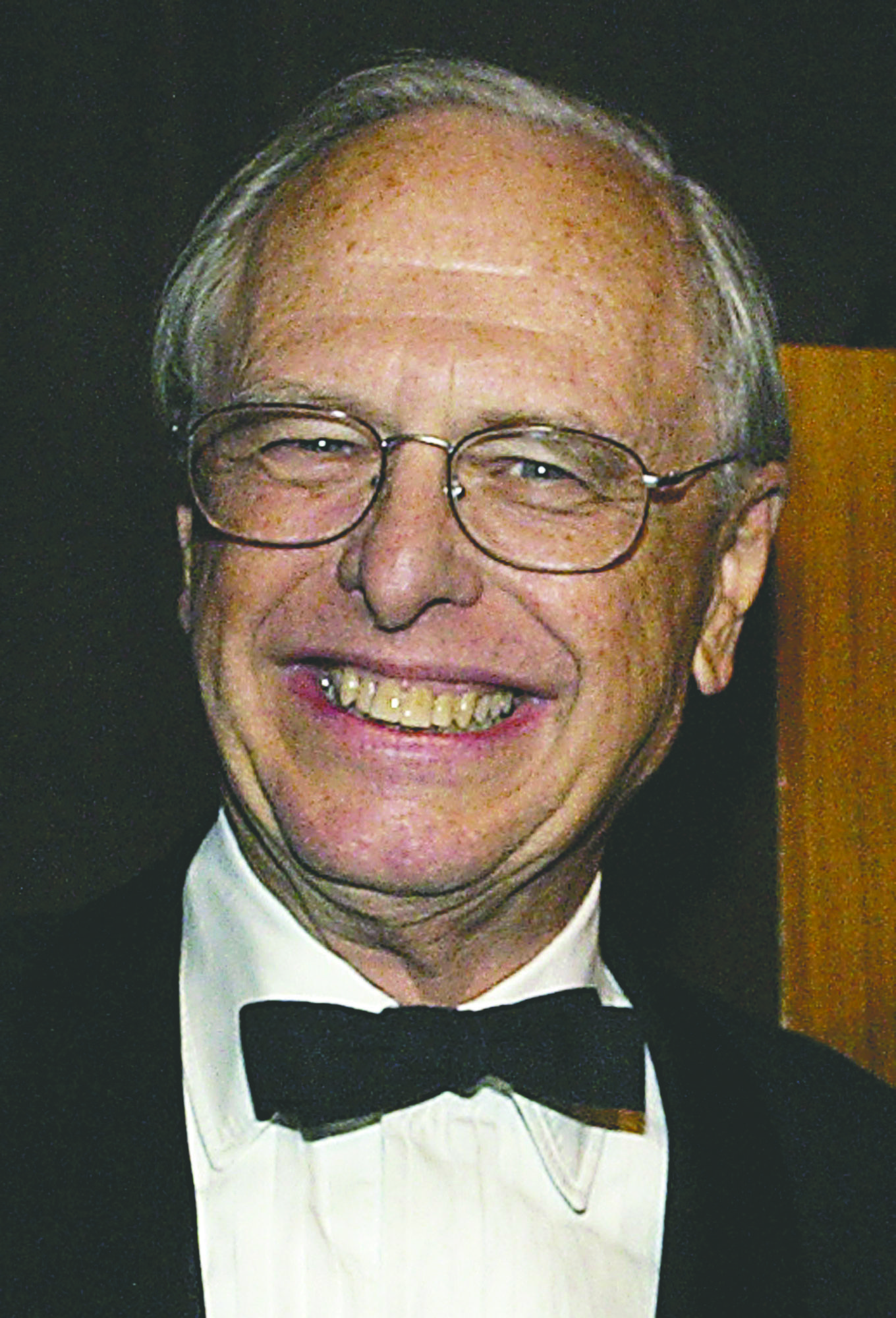NAHANT — Longtime town resident Edward C. “Ned” Johnson III was a “gentle, kind, very courteous” man whose intellectual curiosity and penchant for detail helped him revolutionize investing for the average person, fellow Nahant resident Bob Risch said on Friday.
Risch, former General Electric government relations representative, compared Johnson, who died on Wednesday at the age of 91, to the late John F. “Jack” Welch Jr., a North Shore native who catapulted GE to global corporate status.
“They were really brilliant men who both were constantly asking questions,” Risch said.
Born in Boston at the start of the Great Depression, Johnson joined Fidelity, the firm founded by his father, Edward C. Johnson II, in 1957, as a portfolio manager. He became president of Fidelity in 1972 and, and after his father retired in 1976, became chairman and CEO.
When Johnson took over Fidelity in 1977, the company had $3.9 billion in assets under management. When he retired as chairman in 2014, Fidelity had $5.7 trillion in assets under management.
Fidelity’s growth made Johnson and his family billionaires. The firm now holds more than $11 trillion in assets, according to its most recent annual report.
Elizabeth “Lillie” (Hodges) Johnson, grew up in Nahant and settled on East Point with her husband in the 1960s, said Gordon R. Hall, their next-door neighbor and Hall Company president.
Hall (an Essex Media Group director) said Johnson didn’t talk about himself during conversations, focusing instead on asking questions and listening carefully to the answers.
“My wife, Linda, really, really appreciated that about him,” Hall said.
Risch said the Johnsons enjoyed strolling around East Point. He described Johnson as “very private,” but said Johnson enjoyed talking to neighbors like Ralph Lowell, who shared Johnson’s passion for details.
“He was a true gentleman, one of the really good ones,” Risch said.
Published interviews describe Johnson as a low-key executive with a boyhood passion for taking apart clocks and telephones and studying how they work. He shattered the notion of investment being beyond the grasp of the average person by introducing the first money-market fund with a checking account and seeing the value of Individual Retirement Accounts when other investment firms and money managers were focused on pensions.
“We are immensely proud of his achievements and grateful for his life,” the Johnson family said in a statement published Thursday by the Associated Press, “He was a visionary, an innovator, and a philanthropist who had tremendous curiosity about the world around him and who lived his life to the fullest each and every day.”
Johnson insisted Fidelity build a strong customer-service system by investing in computers and staffing a 24-hour toll-free shareholder number. A family member recounted in an interview how Johnson would answer the family’s telephone during meals and patiently listen to a caller’s problem before taking the person’s name and Fidelity account number in order to refer the problem to a company employee for a solution.
Johnson collected Asian art and studied Japanese philosophy. The Peabody Essex Museum in Salem benefited from the couple’s philanthropy and Johnson founded the nonprofit Alzheimer Research Forum Foundation following his father’s death in 1984.
Hall said it is difficult to overestimate the change in the financial-investment landscape that occurred with Johnson helming Fidelity. In addition to selling mutual funds directly to the public, the company also started offering discount brokerage services that made stock investing significantly cheaper.
“They were the first one to come out with a money-market account that wasn’t just designed to cater to someone with a lot of money,” said Hall. “He revolutionized an industry.”
Material provided by the Associated Press was used in this story.

